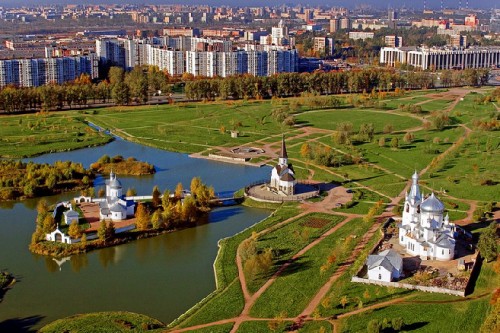
There are 4,880,000 people in St. Petersburg. Of them, around 80,000 inject drugs. Of them, 40,000 have HIV. Thousands of drug users each year pull the trigger of a used syringe and bet their lives.
In a recent study by the Yale School of Public Health, researchers mapped the prevalence of HIV in St. Petersburg and noted how rates correlated with the locations of pharmacies that sold syringes without prescription. The results were strikingly null: In fact, there was little correlation between the presence of clinics and HIV infection rates.

When a group of researchers led by Yale Professor Robert Heimer and his Russian counterpart Professor Alla Shaboltas went to investigate, the underlying cause became apparent. Even though pharmacies in Russia are legally allowed to sell syringes, one-third of them either refuse or are typically out of stock. This reluctance to adequately cater to the needs of an ailing subsection of the population lies at the heart of the barrier to containing the spread of HIV.
As Professor Heimer puts it, “The HIV epidemic, especially among people who inject drugs, is as much a disease of social structures as it is a disease transmitted by individual behaviors. When syringes are unavailable because of prejudice against drug users, the users are likely to resort to risky practices such as sharing syringes.” Moreover, Heimer notes that in Russia, HIV prevention programs are hampered by “a pervasive fear of being perceived by those in power of falling unduly under ‘foreign influence.’” Because of this fear, it has proven exceedingly difficult for foreign public health advocates to affect policy change in Russia.

Sadly, this situation is frustratingly common. For many pervasive public-health crises, scientific solutions are known, but social and political obstacles remain.
